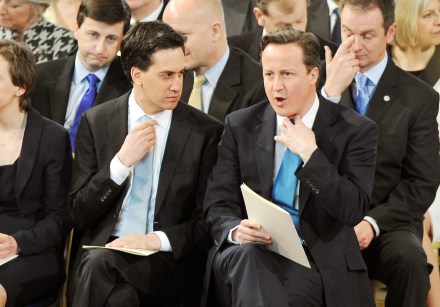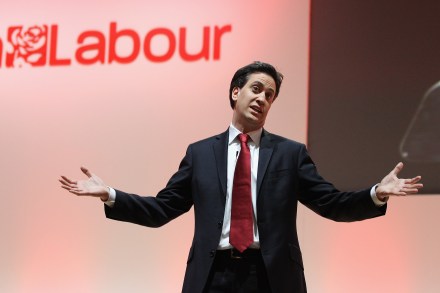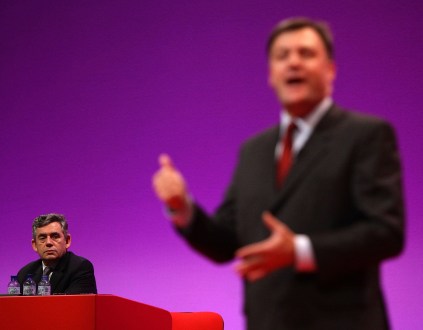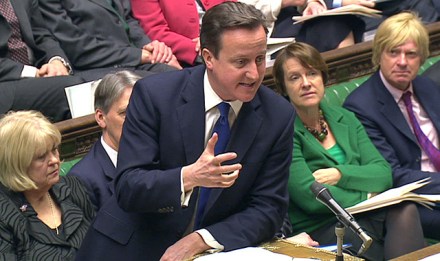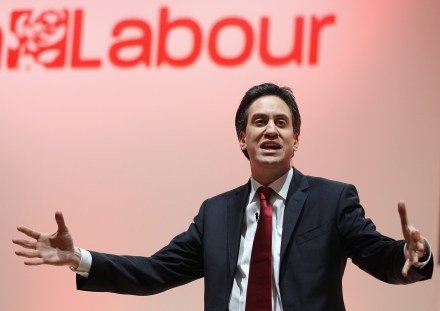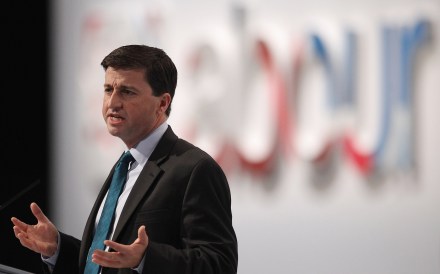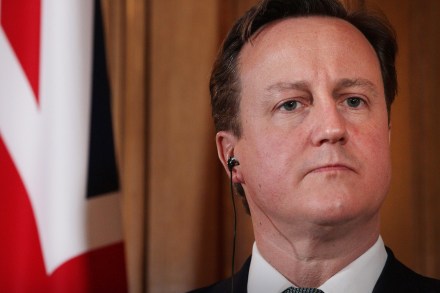Spending will become more significant as 2015 approaches
Four days after George Osborne signed its death warrant, there is still life in the 50p rate yet. The two main political interviews in today’s papers — Ed Miliband in the Telegraph, Danny Alexander in the Times (£) — both focus heavily on the top rate’s impending demise. The Labour leader, of course, is continuing to ask whether David Cameron and George Osborne will themselves benefit from the move to 45p, without actually managing to commit his party to a policy. The Chief Secretary to the Treasury is left defending a 45p rate, and does so by borrowing a recent Lib Dem slogan for the coalition as a whole: ‘This



